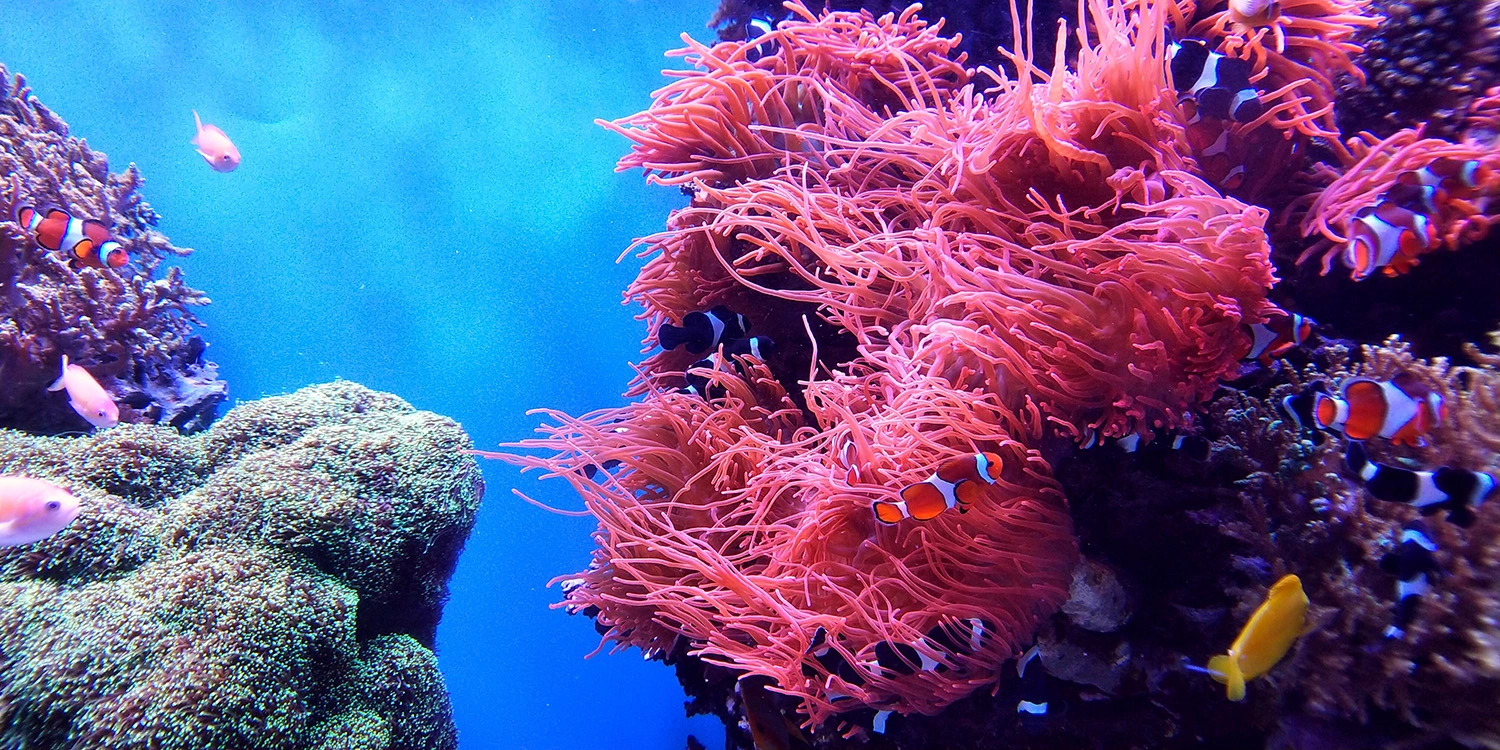On Tuesday, an alliance of nations said that its members commit to raising $12 billion to save coral reefs from risks such as pollution and overfishing, but experts alerted the funding would only be a drop in the ocean unless comprehensive climate threats are addressed.
The International Coral Reef Initiative (ICRI) said it would assure public and private investment to assist conserve and restore coral ecosystems, which uphold a quarter of the globe’s sea species and more than a billion people.
It said, “The functional existence of these critical ecosystems is at stake due to the climate crisis and a myriad of other anthropogenic stressors.”
“The window for protecting these ecosystems is closing rapidly.”
Coral reefs have come under growing pressure as an outcome of growing sea pollution, harmful coastal development, and fishing fleets.
But they are also suffering because of increasing sea temperatures, which force coral to eject colorful algae living inside them, a phenomenon known as “bleaching”.
Marian Wong, senior lecturer at the School of Earth, Atmospheric and Life Sciences at the Australia’s University of Wollongong, said that although further funding for safety and restoration would be “good news”, increasing temperatures are the bigger threat.
With referring to the semiregular ocean water warming phenomenon, she said, “Threats are very grave, especially as we head into another El Nino. We are expecting coral bleaching on a mass scale to occur again, probably February to March, unless we are very lucky.”
ICRI said that by the end of the decade, it seeks to “secure the future” of 125,000 square kilometers of shallow-water tropical coral reefs and double the areas under effective conservation.
It also pledged to “accelerate” restoration of damaged reefs utilizing innovative new solutions.
David Booth, marine ecologist at the University of Technology Sydney, cautioned that restoration was no panacea, saying that it would be “unfathomably expensive” to do on a significant scale.
ICRI was established in 1994 by Australia, France, Japan, Jamaica, the Philippines, Sweden, Britain, and the United States. Its members now include 45 nations that represent three-quarters of the globe’s coral reefs.
Terry Hughes, a coral expert at Australia’s James Cook University, said, “ICRI countries should be focused squarely on reducing greenhouse gas emissions. Ironically, Australia and Saudi Arabia are strong supporters of coral restoration ‘solutions’ because it buys time for fossil fuel industries to continue to pollute the atmosphere for as long as it’s profitable.”




